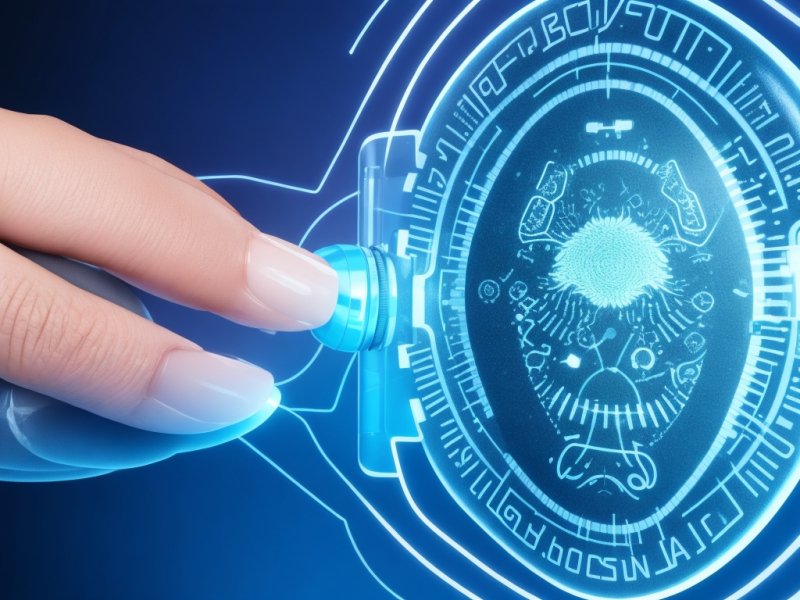
Biometric Technology: Unlocking the Potential of Unique Biological Markers for Security and Convenience
Introduction
In an era of rapidly evolving technological advancements, biometric technology has emerged as a cutting-edge solution to revolutionize security systems and enhance user convenience.
Gone are the days of relying solely on passwords or PINs for access; biometrics utilizes unique biological markers to grant access, providing a more secure and seamless experience.
In this blog, we will explore the incredible potential of biometric technology, its applications, benefits, and its role in shaping a safer and more convenient future.
Understanding Biometrics: A Science of Identity
Biometrics is the science of measuring and analyzing biological characteristics to recognize and verify individuals' identities.
This technology leverages unique traits such as fingerprints, facial features, iris patterns, voice, and even DNA to accurately identify individuals.
Unlike traditional methods, biometrics cannot be easily duplicated or stolen, making it a game-changer for security applications.
A Multitude of Biometric Applications
- Biometric Authentication for Devices: Smartphones, laptops, and other devices now come equipped with fingerprint and facial recognition, enabling users to unlock their devices securely and swiftly.
- Enhanced Security at Airports: Biometrics is transforming the airport experience with biometric passport control and facial recognition systems, streamlining immigration processes and ensuring better border security.
- Biometrics in Financial Services: The financial sector benefits from biometric technology with secure authentication for online banking, mobile payments, and ATM transactions, mitigating fraud and identity theft.
- Healthcare Advancements: Biometrics plays a crucial role in patient identification, securing medical records, and controlling access to restricted areas within healthcare facilities.
- Time and Attendance Management: Businesses are adopting biometric time clocks, reducing time fraud and ensuring accurate attendance records.
Benefits of Biometric Technology
- Unparalleled Security: Biometrics offer a higher level of security, as each individual's biological markers are unique, reducing the risk of unauthorized access and identity fraud.
- Enhanced User Experience: Biometric authentication is seamless and user-friendly, eliminating the need to remember complex passwords and speeding up access to various services.
- Scalability and Efficiency: Biometric systems can efficiently handle large user databases, making them scalable for organizations of all sizes.
- Cost-Effectiveness: In the long run, biometric technology proves cost-effective as it reduces the expenses associated with password management and maintenance.
- Integration with IoT and AI: Biometrics can be integrated into the Internet of Things (IoT) ecosystem and combined with Artificial Intelligence (AI) for even more advanced applications, such as predictive security measures.
Addressing Concerns: Privacy and Security
As with any technology, biometrics raise concerns about privacy and security.
However, the biometric data stored in modern systems is often encrypted and protected, mitigating the risk of unauthorized access.
Additionally, stringent data protection regulations ensure that the collected biometric data is used ethically and only for its intended purposes.
Conclusion
Biometric technology has undoubtedly unlocked the potential of unique biological markers, revolutionizing security measures while offering unprecedented convenience.
From unlocking our smartphones to ensuring smoother airport experiences, biometrics has seamlessly integrated into various aspects of our lives.
As the technology continues to evolve, it will bring forth even more innovative solutions, enhancing security and convenience across industries.
Embracing biometric technology is not just a step towards the future; it is a giant leap towards a safer, smarter, and more interconnected world.

Share This News